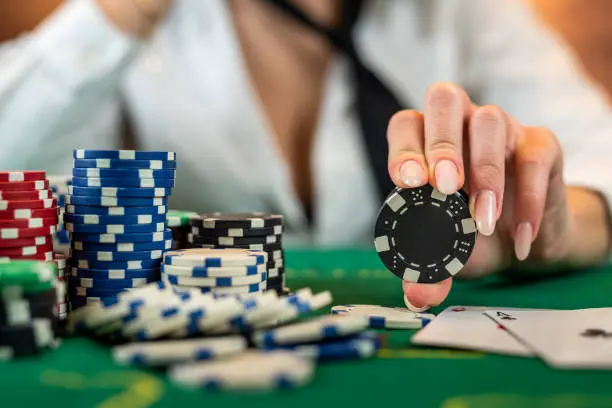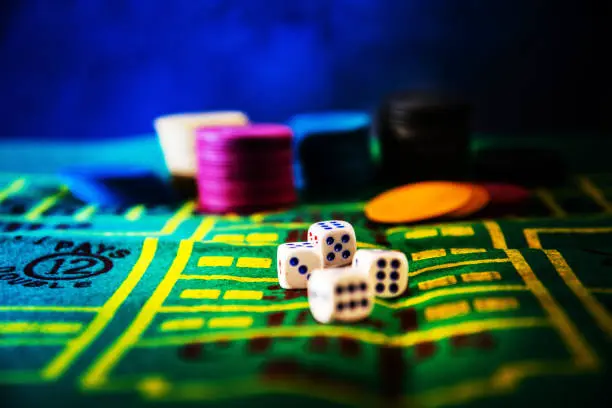
Coping with Gaming Addiction: Strategies for Recovery and Well-Being
- Admin
Gaming addiction can take a significant toll on individuals' lives, affecting their physical health, mental well-being, and relationships. Coping with gaming addiction requires resilience, determination, and a commitment to change. In this article, we'll explore effective coping strategies that can help individuals manage gaming addiction, regain control over their lives, and foster a healthier relationship with gaming.
1. Acknowledge the Problem:
The first step in coping with gaming addiction is acknowledging the problem and accepting that changes need to be made. Denial and avoidance only perpetuate the cycle of addiction, while acknowledging the issue opens the door to recovery and healing.
2. Seek Professional Help:
Seeking professional help from therapists, counselors, or support groups specializing in addiction treatment can provide valuable guidance and support on the journey to recovery. Professional help offers individuals the opportunity to explore underlying issues contributing to addiction, develop coping skills, and create a personalized treatment plan.
3. Set Boundaries and Limits:
Establishing clear boundaries and limits around gaming is essential for managing addiction and promoting balance in life. Set specific rules for gaming time, designate gaming-free zones or times, and prioritize other activities such as hobbies, exercise, and socializing.
4. Practice Mindfulness and Self-Care:
Mindfulness practices such as meditation, deep breathing exercises, and mindfulness-based stress reduction (MBSR) can help individuals become more aware of their thoughts, feelings, and behaviors related to gaming. Additionally, prioritizing self-care activities such as exercise, adequate sleep, and healthy nutrition supports overall well-being and reduces the urge to escape into gaming.
5. Develop Healthy Coping Mechanisms:
Developing healthy coping mechanisms is essential for managing stress, boredom, and negative emotions without resorting to gaming. Explore alternative activities such as reading, spending time outdoors, engaging in creative pursuits, or connecting with friends and family.
6. Build a Support Network:
Building a support network of friends, family members, and peers is crucial for coping with gaming addiction. Surround yourself with supportive individuals who understand your struggles and are committed to helping you succeed. Lean on your support network for encouragement, guidance, and accountability during challenging times.
7. Take One Day at a Time:
Recovery from gaming addiction is a journey that takes time, patience, and perseverance. Focus on taking one day at a time, celebrating small victories, and being gentle with yourself along the way. Remember that setbacks are a natural part of the recovery process, and each day presents a new opportunity for growth and progress.
Conclusion:
Coping with gaming addiction requires a multifaceted approach that addresses the physical, emotional, and psychological aspects of addiction. By acknowledging the problem, seeking professional help, setting boundaries, practicing mindfulness and self-care, developing healthy coping mechanisms, building a support network, and taking one day at a time, individuals can overcome gaming addiction and build a happier, healthier life. If you or someone you know is struggling with gaming addiction, know that help is available, and recovery is possible with determination and support.
